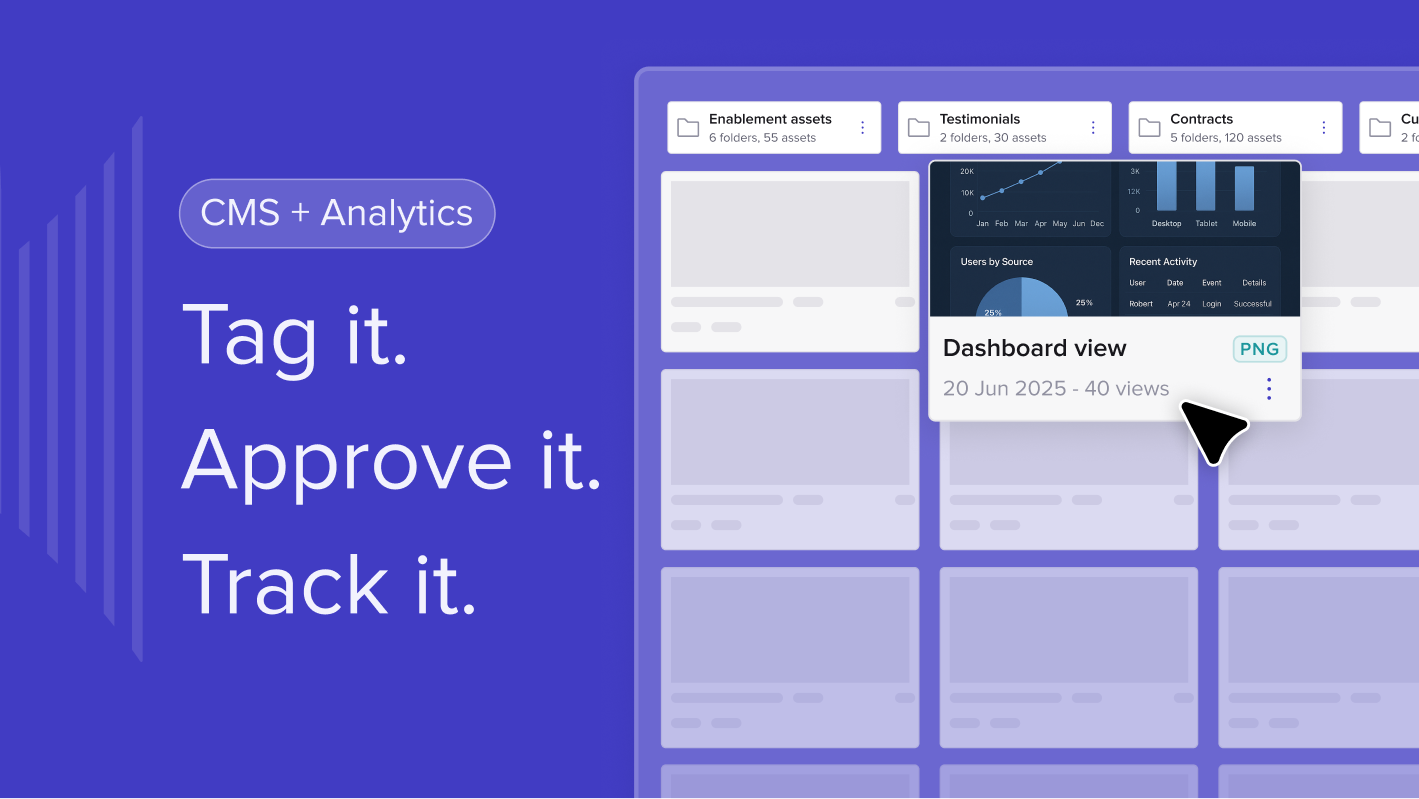A shocking 82% of sales professionals lose winnable deals because they lack good negotiation skills.
Knowing how to win at sales negotiation determines whether you hit targets or watch deals fade away. The sales world has changed drastically. Sales professionals need modern negotiation techniques to succeed in 2025 and beyond.
This complete guide shows you the way to win at sales negotiation with proven strategies and evidence-based techniques. You will learn quick preparation methods and find powerful pricing strategies.
The guide helps you become skilled at advanced negotiation tactics that work in today's digital-first world.
These practical approaches will help you close more deals with better terms when you face tough procurement teams or need CFO approval.
1. Master the art of pre-negotiation prep
Success in sales negotiations depends on preparation.
A startling fact shows that 85% of sales negotiators fail to understand their counterpart's needs upfront. More than 80% lack a backup strategy. You need to stand out from these statistics.
Start with these simple preparation elements:
- Define your clear objectives and non-negotiables
- Identify your unique selling propositions
- Develop your BATNA (Best Alternative to Negotiated Agreement)
Your competitive analysis must be informed and comprehensive. Note that 82% of top performers research their prospects before making contact. This extends beyond competitor knowledge to understanding your buyer's market conditions, industry trends, and specific challenges.

The "3 Whys" framework stands as your most valuable preparation tool.
Every negotiation requires clear answers to:
- Why change? (the buyer's motivation)
- Why now? (the urgency factor)
- Why you? (your unique value)
This approach will give a solid foundation to address key questions behind buying decisions.
Procurement teams and CFO approvals require deeper preparation than simple research. Statistics show only 26% of sales negotiators prepare their questions before meeting the other party.
Smart negotiators anticipate objections and craft compelling responses ahead of time.
2. Develop a winning pricing strategy
Price setting goes beyond numbers - it's pure psychology.
Research reveals that people barely understand prices and base decisions on perceived value instead of actual utility. This insight helps you develop a winning pricing strategy.
Become Skilled at Value-Based Pricing Your price negotiation success depends on moving the conversation from cost to value.
Customers measure three main drivers when they evaluate "what something costs":
- Money (actual cost)
- Time (learning curve)
- Mental energy (complexity of implementation)
Note that nothing is cheap or expensive by itself - everything comes down to comparison.
The psychology works to your advantage by anchoring your price against higher reference points. To name just one example, present your enterprise solution at £15,000 first if you're selling a premium service package for £5,000.
Your target offering will appear more reasonable this way!
3. Use advanced negotiation tactics
Sales power moves matter more than ever.
Today's high-stakes sales environment demands advanced negotiation skills. Studies show that most sales reps give up after just 1-2 closing attempts, while successful deals typically require 3-5 attempts.
Master these game-changing tactics:
- The summary close: Recap key benefits and features to reinforce value
- The question close: Address objections through strategic questioning
- The ‘Benjamin Franklin’ close: Help clients make decisions through pros/cons analysis
Modern negotiation isn't about pressuring your prospect.
Research shows that negotiators who use hard-bargaining tactics miss opportunities to create win-win outcomes. Strategic concessions work better - but always get something in return.
A client's request for a discount shouldn't send you running to your manager.
Ask "Too expensive compared to what?" or offer to remove features to match their price point. Emotions possess immense power in negotiations.
Keep your approach light, friendly, and relevant to your prospect's situation. Build genuine urgency without pressure - mention limited-time offers only when they actually exist.
Control and flexibility go hand in hand. Research shows people value good news more when it comes in stages. Make your concessions gradually rather than all at once.
4. Leverage tech and data in negotiations
Technology reshapes the art of sales negotiation.
Your success in 2025 depends on using these powerful tools effectively. AI-powered negotiation assistants now negotiate with suppliers autonomously. They analyse historical data and craft winning strategies.
Success comes from adopting these technological advances:
- Immediate analytics to track consumer behaviours
- AI-powered insights to make decisions
- Predictive behavioural modelling to anticipate customer needs
- Virtual reality simulations to develop skills
Modern negotiation platforms analyse huge amounts of historical data.
They process past proposals, RFPs, contracts, and macroeconomic indicators. You no longer rely just on gut instinct. Analytical insights back your decisions and predict the best outcomes.
Studies show VR training systems produce remarkable results.
They improve negotiation knowledge and self-efficacy significantly. These immersive experiences give customised feedback. Users can review interactions from different points of view.
Note that AI and data analytics serve as powerful tools to support your human skills, not replace them. Successful negotiators use technology to prepare better, plan strategies, and build stronger positions.
They still maintain the personal connection needed to close deals.
Final thoughts
Sales negotiation success in 2025 requires more than natural talent or simple skills.
You can win deals through thorough preparation, smart pricing strategies, and advanced negotiation tactics supported by technology.
The stark difference between top performers and average sales professionals lies in these fundamental elements working together effectively. Smart negotiators understand this isn't about choosing between human skills or tech tools - both need to work together naturally.
Modern sales negotiation resembles a chess game where every move matters. Your interactions with prospects build toward your goal with support from analytical insights and strategic planning.
Note that successful deals combine careful preparation with the right tools and a deep understanding of your buyer's needs.
Your success depends on remaining competitive, mastering these skills, and adapting your approach as the sales world evolves continuously.

.svg)
.svg)
.svg)
.svg)
.svg)
.svg)
.svg)
.svg)
.svg)
.png)
.svg)
.svg)
.svg)
.svg)

.svg)
.svg)
%201.svg)
.svg)
%201.svg)



.svg)





.png)















![How to Get Started with Buyer Enablement [With Examples]](https://cdn.prod.website-files.com/65cf4fecbed2754c2236665d/65cf4fecbed2754c22366bdb_65a5af83e742f76e34ce06f3_Customer%2520Onboarding%2520_%2520Everything%2520you%2520need%2520(2).png)
.png)



.png)



.png)









.png)


.png)

.png)
.png)







